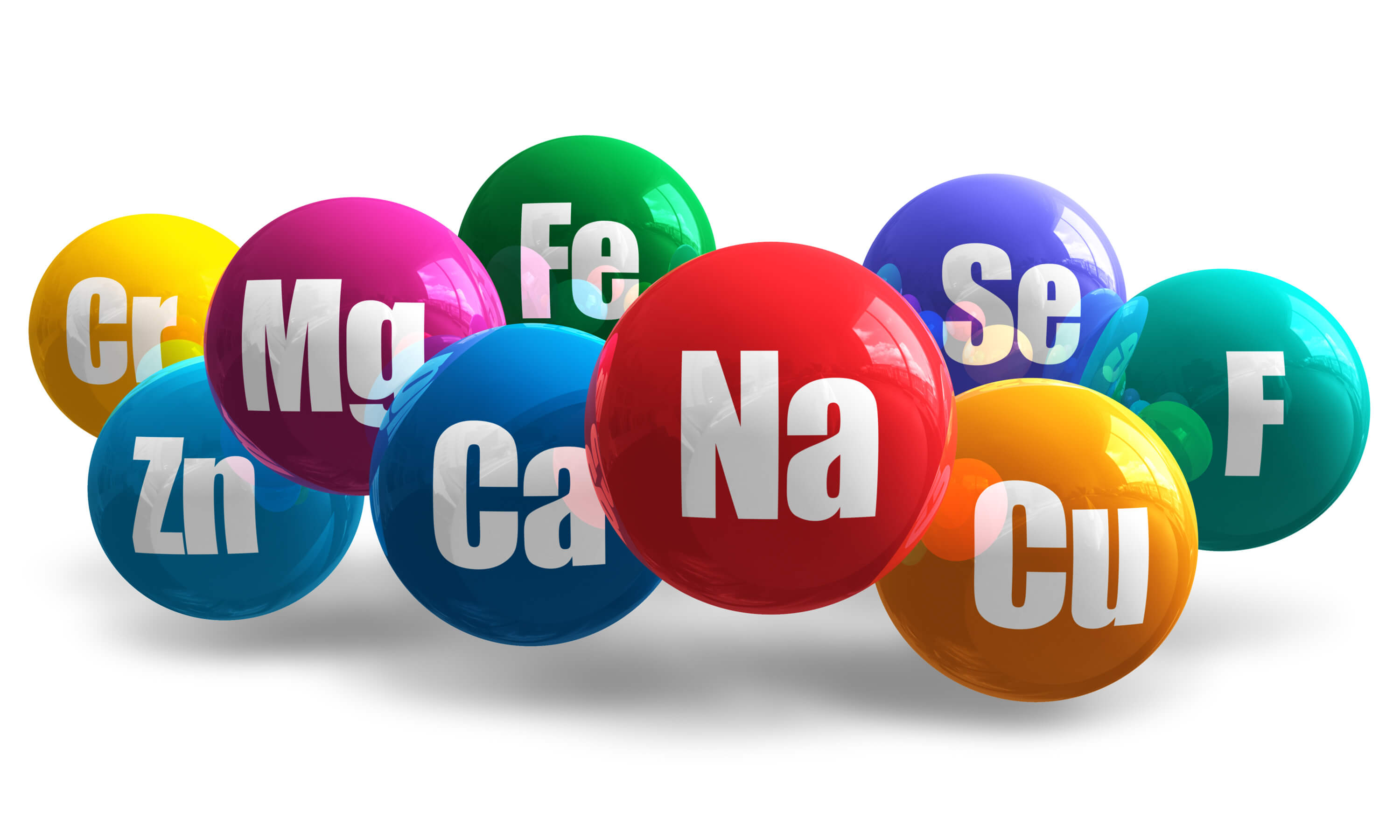
Eating small meals every 3-4 hours teaches your body to burn energy. This proven nutritional method will not only increase your body’s metabolism and ability to burn energy, but will also improve digestion. By following this rule, energy levels can be kept more stable, bloating and constipation will decrease, metabolism will increase, and help prevent […]
Read more
Several investigators have researched the effects of specific minerals on the body and how they stimulate metabolic rate. Calcium and magnesium, for example, are sedating minerals. This means that an over-abundance of these minerals in the body can impact how fast your body is able to use energy/calories and decreases the metabolic rate. Phosphorus and […]
Read more
Omega-3 fats protect against damages of stress, which include inflammation, weight gain, broken sleep, and low energy. Omega-3 fats increase dopamine (“feel good” hormone), lowers insulin (fat producing hormone) and counterbalance Omega-6 fats (which increase inflammation). One can easily increase Omega-3’s by eating more fish, including healthy oils (such as olive oil) or adding an […]
Read more
How can overall health be improved? An individualized diet can drastically change one’s health for the better. More specifically, a uniquely tailored diet eliminating intolerant foods that cause inflammation and irritation should be adhered to. An individualized diet can help ensure that allergens and toxins that may interfere with maximum health are removed and do […]
Read more
How can overall health be improved? An individualized diet can drastically change one’s health for the better. More specifically, a uniquely tailored diet eliminating intolerant foods that cause inflammation and irritation should be adhered to. An individualized diet can help ensure that allergens and toxins that may interfere with maximum health are removed and do […]
Read more
A hyper-permeable gut, also known as a “leaky gut” is caused, namely, by irritation, imbalance in the microorganisms, or an underlying food intolerance. When there is sensitivity to a certain food, the immune system will react. When the immune system reacts to irritation, the adrenal glands produce more cortisol. Excess cortisol can cause hyper-permeability, and […]
Read more
An Anti-Inflammatory diet has been proven to reduce the risk for developing various serious diseases – such as cancer, Alzheimer’s disease, fibromyalgia, and heart disease. Increasing foods with anti-oxidant properties, as well as eliminating foods causing an inflammatory response in the body, has been shown to reduce the chance of disease. The most precise way […]
Read more
Minerals are, in fact, more important than vitamins. Living matter cannot synthesize minerals, thus they are the spark plugs in the chemistry of life. The exchanges of energy in the combustion of foods and the building of living tissues depend on these trace minerals. Minerals are interrelated with every other nutrient. Without optimum mineral levels […]
Read more
Minerals are necessary in the production of hormones. For example, manganese and copper are necessary for the synthesis of catecholamine. Zinc is an important mineral in the production and secretion of insulin. Zinc is also necessary for growth hormones. Increases in the body’s dominating autonomic nervous system, whether sympathetic or parasympathetic, will affect hormonal output […]
Read more
While calcium is a vital mineral necessary for strong and healthy bodies, excess calcium intake can produce a phosphorus and magnesium deficiency, resulting in symptoms almost IDENTICAL to that of a calcium deficiency. A continued loss of magnesium will contribute to increased sodium retention and eventually a vitamin A deficiency, among many others. Calcium must […]
Read more